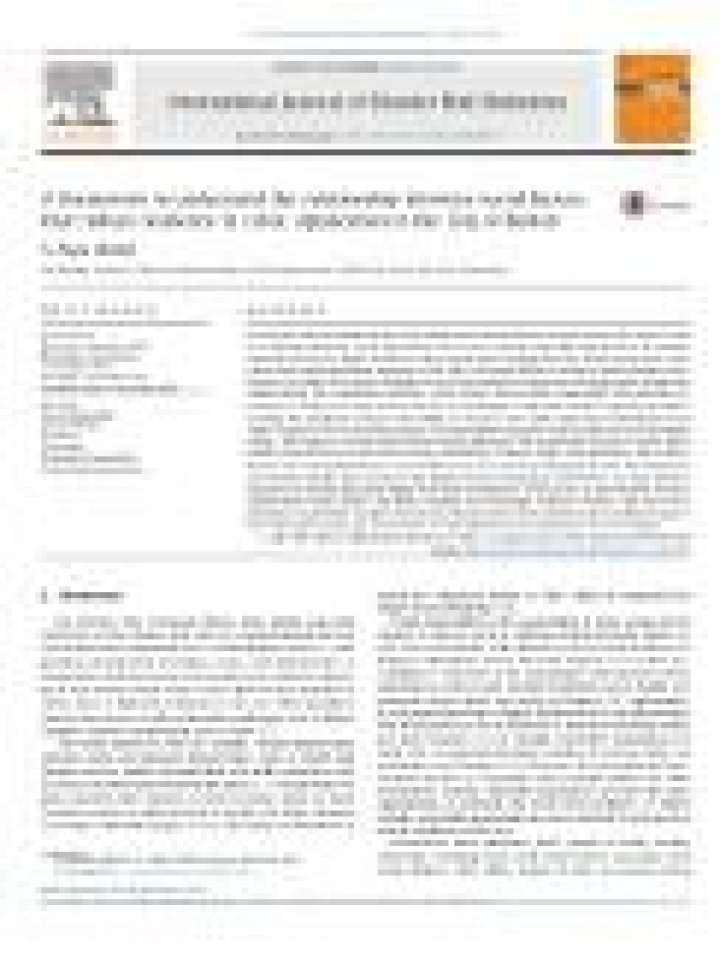A framework to understand the relationship between social factors that reduce resilience in cities: application to the City of Boston
International Journal of Disaster Risk Reduction (2015), Volume 12, June 2015, Pages 53–80, pp. 53–80, doi:10.1016/j.ijdrr.2014.12.001
This research paper focuses on developing a replicable, practical approach to understanding the complexity of social vulnerability in American cities while reducing the likelihood of civil rights violations.
The Social Determinants of Vulnerability Framework (the Framework) was developed using a link analysis of social factors from existing literature. The Framework consists of seven interrelated social factors that seem to be driving vulnerability: children, people with disabilities, older adults, chronic and acute medical illness, social isolation, low-to-no income, and people of color. The Framework also includes specific poor outcomes that people with pre-emergency social factors are more likely to experience at disproportionately higher levels after emergencies: lack of access to post-incident services; displacement; injury, illness, and death; property loss or damage; domestic violence; and loss of employment.
A quantitative analysis of those social factors based on City of Boston data confirmed many of the relationships among the social factors of vulnerability and the significance of social isolation.
Explore further
